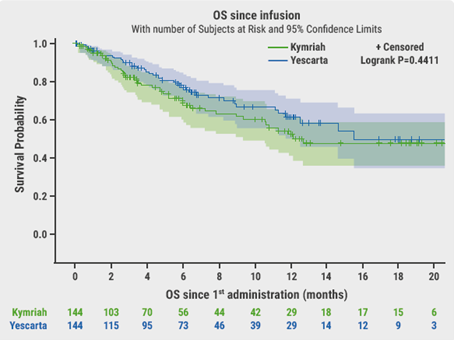"The specific purpose of our expert paper was to 'rock the boat,'" Dr. Stefano Omboni of the Italian Institute of Telemedicine, Varese, told Reuters Health by email. "Currently, telemedicine is considered very important for the management of patients with heart disease - specifically, heart failure and arrhythmias. Specific telemedicine guidelines exist for these conditions."
"However," he said, "managing hypertension with telemedicine may have an important benefit for the primary prevention of heart disease. Guidelines should not disregard it, nor label telemedicine as an extreme option for limited cases. As physicians, we must leverage the diffusion of telemedicine services for hypertension management and support their embedding in standard delivery care models. We hope that the current COVID-19 crises may boost this process."
As reported in Hypertension, the position paper was developed by a pool of international experts and contains practical recommendations for the use of telemedicine tools in hypertension management. Indications include screening for suspected hypertension, and management of older adults, medically underserved people, and high-risk hypertensive patients.
The key take-home messages, according to Dr. Omboni, include:
- Telemedicine may increase access to screening - e.g., in pharmacies, general practitioners' surgery, community kiosks, etc. - and improve diagnosis rates.
- Telemedicine may improve the management of high-risk hypertensive patients such as older adults and those with multimorbidities (particularly diabetes, previous stroke, and obesity), and may expand healthcare services to medically underserved or remote communities.
- The best proposed healthcare model should include telemonitoring of vital signs and medication adherence, plus education on lifestyle and risk factors, with televisits as an option.
- The ideal approach is the use of mixed automated feedback - e.g., e-mail, text, notifications through mobile apps - under the supervision of a multidisciplinary clinical team including physicians, nurses, or pharmacists.
- Proper telemedicine solutions must rely on applications certified as medical devices, complying with privacy and security standards.
Dr. Howard Weintraub, clinical director of the Center for the Prevention of Cardiovascular Disease at NYU Langone Health in New York City, commented in an email to Reuters Health, "This is a thoughtful paper with limited bias that demonstrates how this technology can be used to control and reduce blood pressure. They are right about the limitations, which include technology gaps, cost of devices, privacy/security concerns and problems with reimbursement."
"This is a concept whose growth may depend in part on recurrence of COVID, where the 'need' may be more immediate," he noted. "But the data are short term and this may be a better adjunct to usual care, than a substitute for it."
"In the patients with renal or cardiovascular disease, the overall outcomes were less robust," he said, "and regrettably, these are the patients who need blood pressure control the most. Perhaps because there are other issues that these patients have to deal with, all of which could (be) addressed during a standard visit, the main benefit may be with lower risk patients, in whom hypertension represents the only - or most important - problem they have."
"Implementation will be driven by need and reinforced by success," he said. "The latter will be measured by not only blood pressure control and cost savings, but by the ultimate concern, namely a reduction in morbidity and mortality."
"Technology will have to be approved and improved, and reimbursement for these efforts will have to be addressed," Dr. Weintraub concluded.
By Marilynn Larkin
SOURCE: https://bit.ly/3cyTHOE Hypertension, online September 14, 2020.
Posted on
Previous Article
« Obesity rising among hospitalized Crohn’s patients Next Article
Opportunistic screening doesn’t find more AF cases »
« Obesity rising among hospitalized Crohn’s patients Next Article
Opportunistic screening doesn’t find more AF cases »
© 2024 Medicom Medical Publishers. All rights reserved. Terms and Conditions | Privacy Policy
HEAD OFFICE
Laarderhoogtweg 25
1101 EB Amsterdam
The Netherlands
T: +31 85 4012 560
E: publishers@medicom-publishers.com


